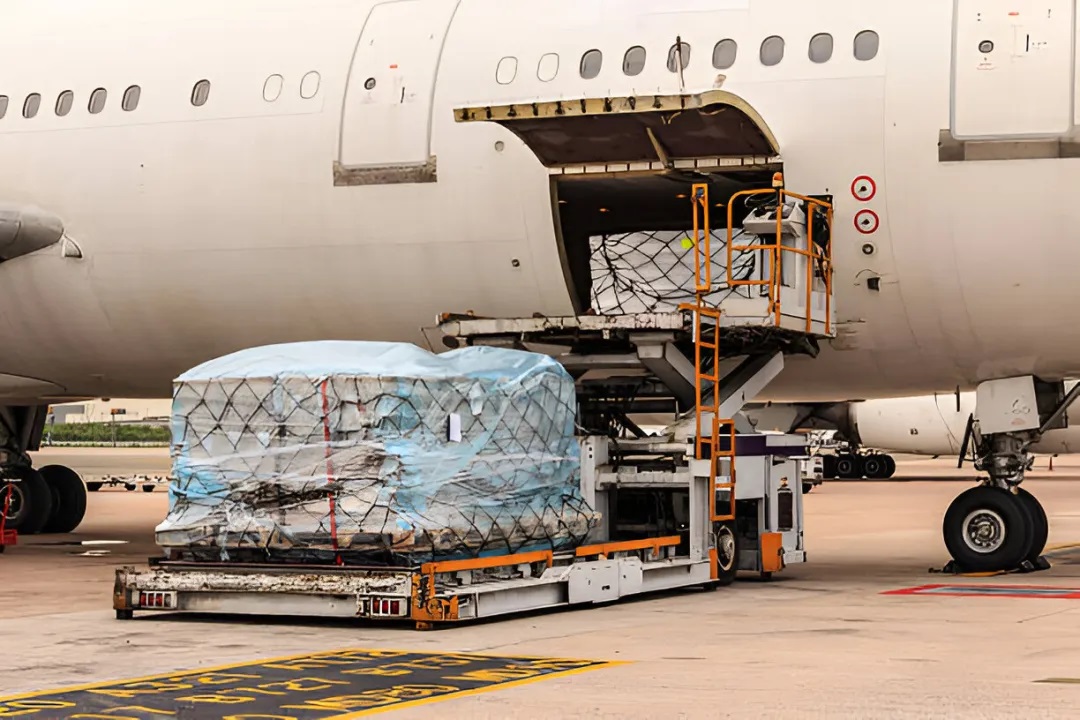Nigeria’s aviation industry is facing a severe crisis that threatens to disrupt travel for 17 million annual passengers and 174,000 tonnes of cargo, as operators struggle with a $1 billion foreign exchange drain, a 200 per cent jet fuel price surge, and crippling infrastructure gaps, according to industry reports.
The International Air Transport Association (IATA) and the Federal Airports Authority of Nigeria (FAAN) estimate that Nigeria’s airports handle more than 17 million travellers yearly, alongside over 174,000 tonnes of air freight. But airline executives told NATIONAL ECONOMY that the industry is being pushed to the brink by worsening macroeconomic pressures.
The Airline Operators of Nigeria (AON) has repeatedly raised alarms, citing government policy inconsistency, infrastructure decay, and soaring costs. In a statement signed by its spokesman, Obiora Okonkwo, AON said, “Airlines in Nigeria face some of the harshest operating conditions globally. We are paying for aviation fuel at prices 200 per cent higher than what was obtainable a few years ago, while we are unable to access foreign exchange to maintain aircraft abroad. These conditions are not sustainable.”
David Young, former Vice President of Delta Airlines Africa added, “Air travel is not just about passenger traffic; it underpins trade, tourism, and commerce. If 174,000 tonnes of cargo cannot move efficiently, Nigeria’s supply chains will suffer.”
One of the biggest barriers to recovery is access to credit. Unlike competitors abroad who secure single-digit loans backed by export credit agencies,Nigerian airlines are forced to borrow at 35–40 per cent interest rates.
Chairman of Air Peace,
Allen Onyema warned,“Without single-digit interest loans, Nigerian airlines are set up to fail from the start.”
He added, “We have over 17 million people flying every year, but the business model is broken. Without urgent reforms in fuel pricing, forex allocation, and infrastructure, survival is not guaranteed.”
A former director-general at the Nigerian Civil Aviation Authority (NCAA) also cautioned,“Fleet expansion is capital intensive, and carriers are forced into short-term borrowing that eats away at margins before an aircraft even flies.”
Aircraft utilisation further erodes profitability. Captain Samuel Caulcrick, former rector of the Nigerian College of Aviation Technology, explained, “A bank lending money to an airline will look at its ability to generate revenue to service and offset loans on time.”
Caulcrick noted that while narrow-body jets globally achieve 10–12 hours of daily use, Nigerian carriers average only 6–8 hours, largely because of limited airport operations. Out of 33 airports, only three run 24 hours; most shut by 6 p.m. due to poor lighting, navigation aids, and security.
He stressed, “Low aircraft utilisation is a major handicap.”
Caulcrick estimated that improving utilisation to global standards could inject $50–100 million annually per airline, with each additional flight hour boosting margins by up to 2 per cent.
The naira’s volatility, at N1,535/$, has worsened dollar-denominated costs for leases, maintenance, and insurance. Managing director of Omni Blue Aviation and former head of the Nigerian Safety Investigation Bureau, Akin Olateru warned, “You can have the best aircraft, a strong management team, and a brilliant business plan, but currency fluctuation alone can kill your business.”
He added that, “Globally, very few countries impose age limits on aircraft. The focus should be on maintenance culture and strict compliance with safety checks, not age.”
According to NCAA, Nigeria’s fleet averages 21 years, far above the global benchmark of 12. Older aircraft burn more fuel, need frequent heavy checks abroad, and drain scarce forex.
A 2025 IATA report confirms that African airlines face significantly higher fuel costs than global peers.
Even after July’s 30 per cent ticket hike, one senior airline executive, who asked not to be named, described the market as “hostile,” citing “high fuel prices, forex shortages, ageing planes, and limited airport hours.”
Multiple charges compound the struggle. At the Aviation Round Table in Lagos, Dr. Gbenga Olowo, Chairman of Sabre Networks West Africa, described the environment as a disincentive.
He stressed, “Nigerian passengers pay service charges as high as $100, more than double those at world-class hubs like Dubai ($40) or Doha ($44), yet face outdated infrastructure and long immigration queues.”
Cargo operators are equally strained. Amos Akpan, Managing Director of Flight and Logistics Solutions Limited, said,“Cargo agents have complained that they are losing customers because of the high cost of charges. This has been the reality on ground.”
If left unresolved, experts say the crisis could force Nigeria into dependence on foreign carriers.
Dr. Alex Nwuba, aviation economist warned, “If these issues are not addressed, Nigeria risks becoming a feeder market dominated entirely by foreign carriers. That would mean loss of jobs, weaker connectivity for businesses, and the erosion of national pride in the aviation sector.”
For now, survival remains the watchword. But unless government and regulators tackle financing, infrastructure, and policy bottlenecks head-on, Nigeria’s airlines may find themselves permanently grounded in an industry critical to the nation’s economic growth.





